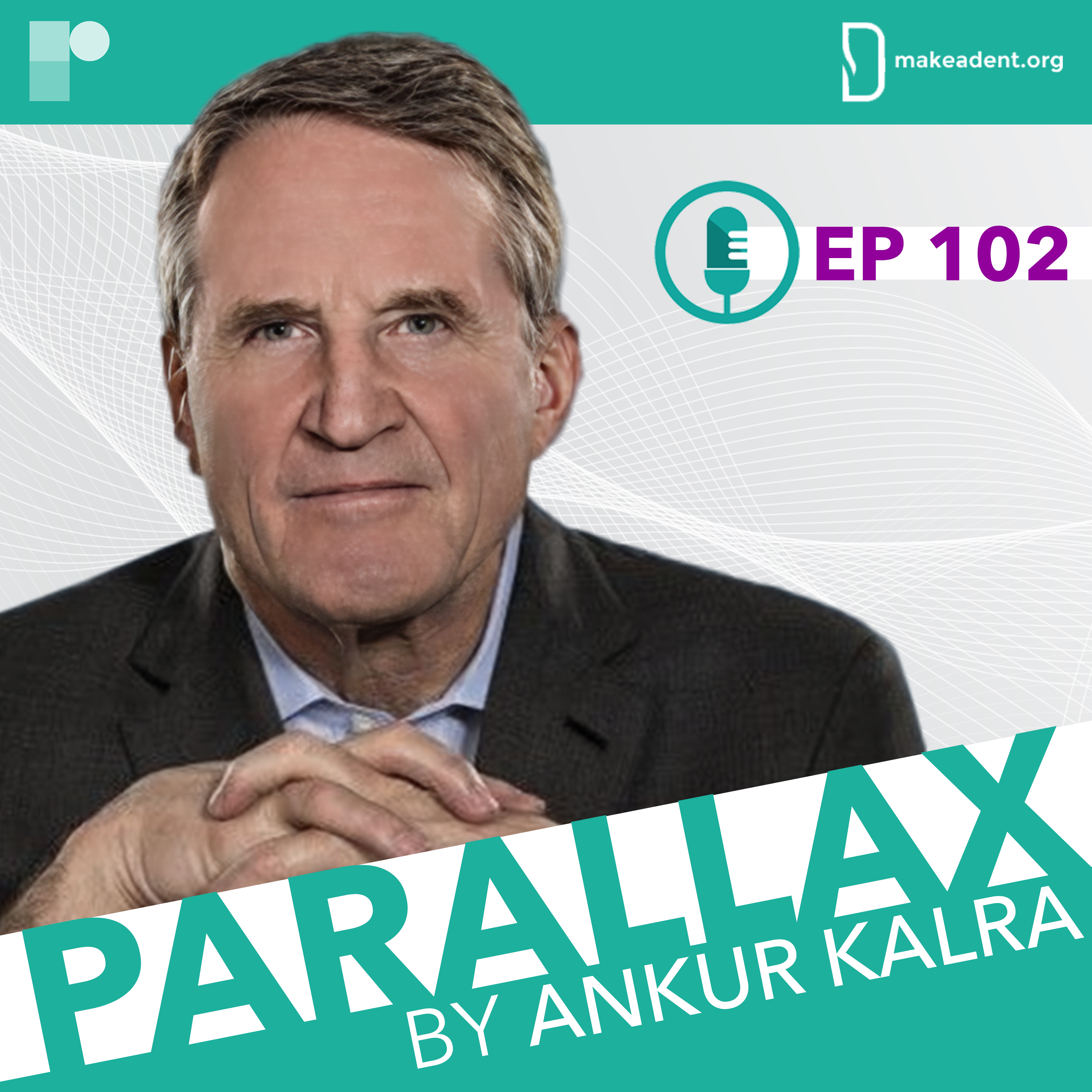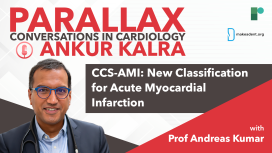
In this week's episode of Parallax, Dr Ankur Kalra's guest is Dr Craig R Smith, Cardiac Surgeon and Chairman of the Department of Surgery at Columbia Presbyterian Hospital.
In 2020, The Wall Street Journal called Dr Smith the pandemic's most powerful writer. Each day throughout the COVID-19 crisis, Dr Smith provided the faculty and staff with updates on pandemic response and priorities, offering both vital information and unwavering support. This month, Dr Smith released his book, 'Nobility in Small Things: A Surgeon's Path’.
In this inspiring episode, Dr Smith delves into the story behind his book and the motivating circumstances that led him to become an author. Dr Kalra asks Dr Smith about his experience as a leader during the pandemic as a surgeon. Dr Smith shares the story of his unconventional journey into medicine, emphasizing how hard physical labor built his resilience and prepared him for his residency. Dr Kalra also asks about Dr Smith's experience as a surgeon for President Bill Clinton in 2004. We learn more about some of the highlights of Dr Smith's book and his advice for listeners aspiring to become writers.
Nobility in Small Things is available for purchase here: us.macmillan.com/books/9781250278…ityinsmallthings
Questions and comments can be sent to “podcast@radcliffe-group.com” and may be answered by Ankur in the next episode.
Guest: Dr Craig R SmithHost: @AnkurKalraMD and produced by: @RadcliffeCARDIO.



Parallax’s guest this week is Dr Eric David Adler, Medical director of heart transplant and mechanical circulatory support at UC San Diego Health.

How did Dr Gragossian receive her diagnosis? How does she feel about her new reality? What drives her? What is her message to our listeners?

Just after 9/11, Heval, the 18-year-old Syrian Kurdish refugee found a job as a dishwasher. At this point, he was the sole provider of his family. The pressure that comes from being poor did not leave him for many years. Today, he is firm believer in giving back to underserved communities by spreading awareness within the medical community. As he says, well-meaning people of privilege are sometimes afraid to act. What we need is more people to bridge the gap and find ways to help each other.

What drives Dr Nishtha Sodhi? What were the formative moments of Dr Sodhi’s career? What are the new frontiers of cardiology?






